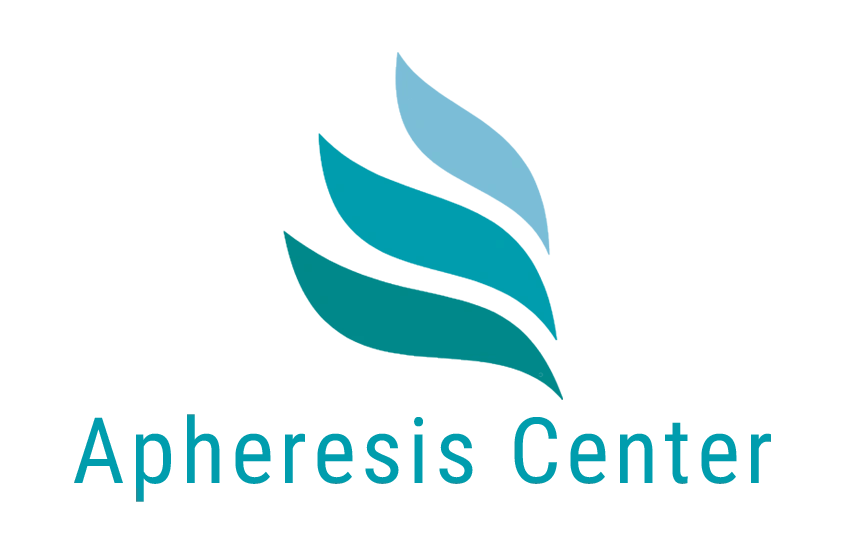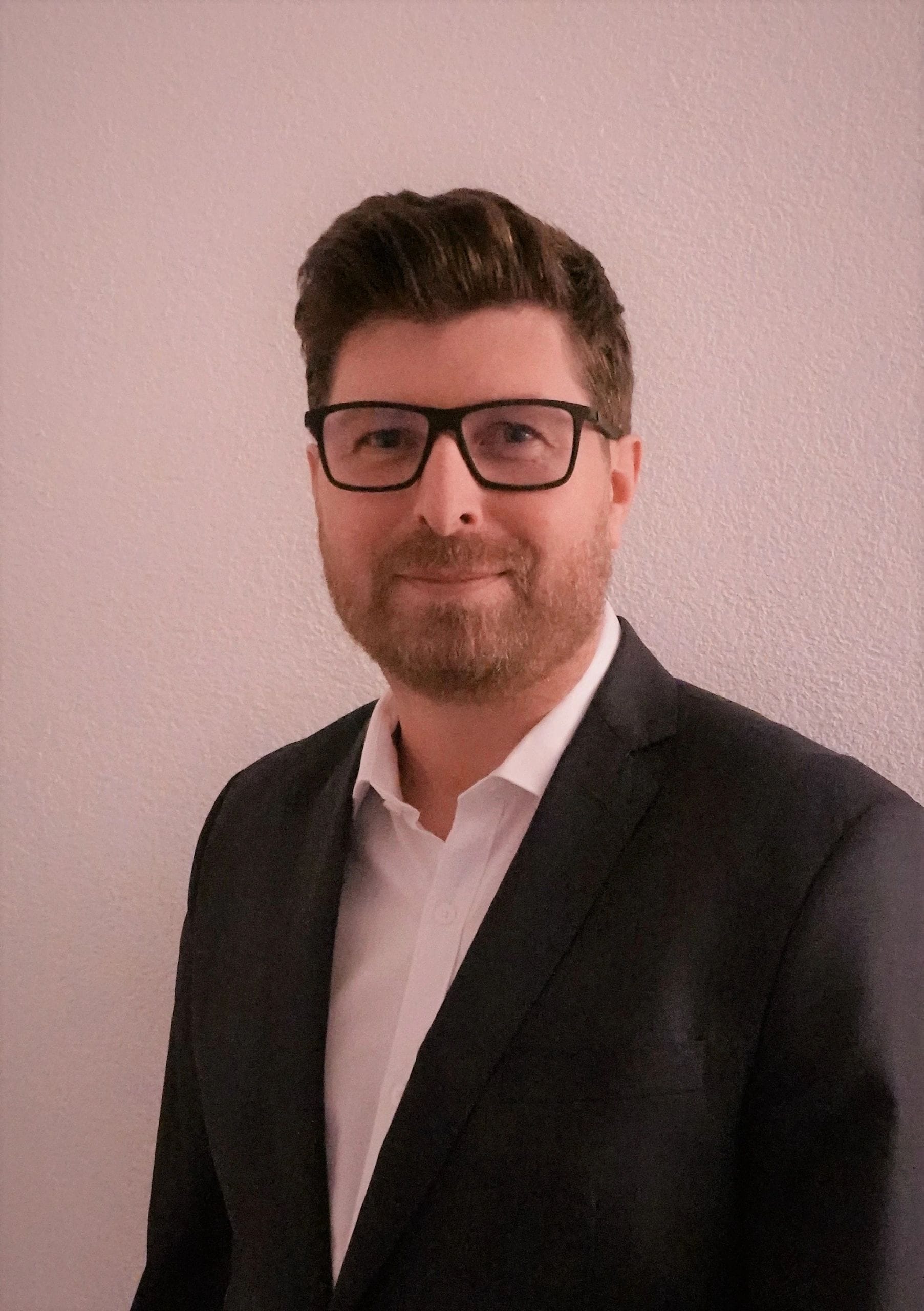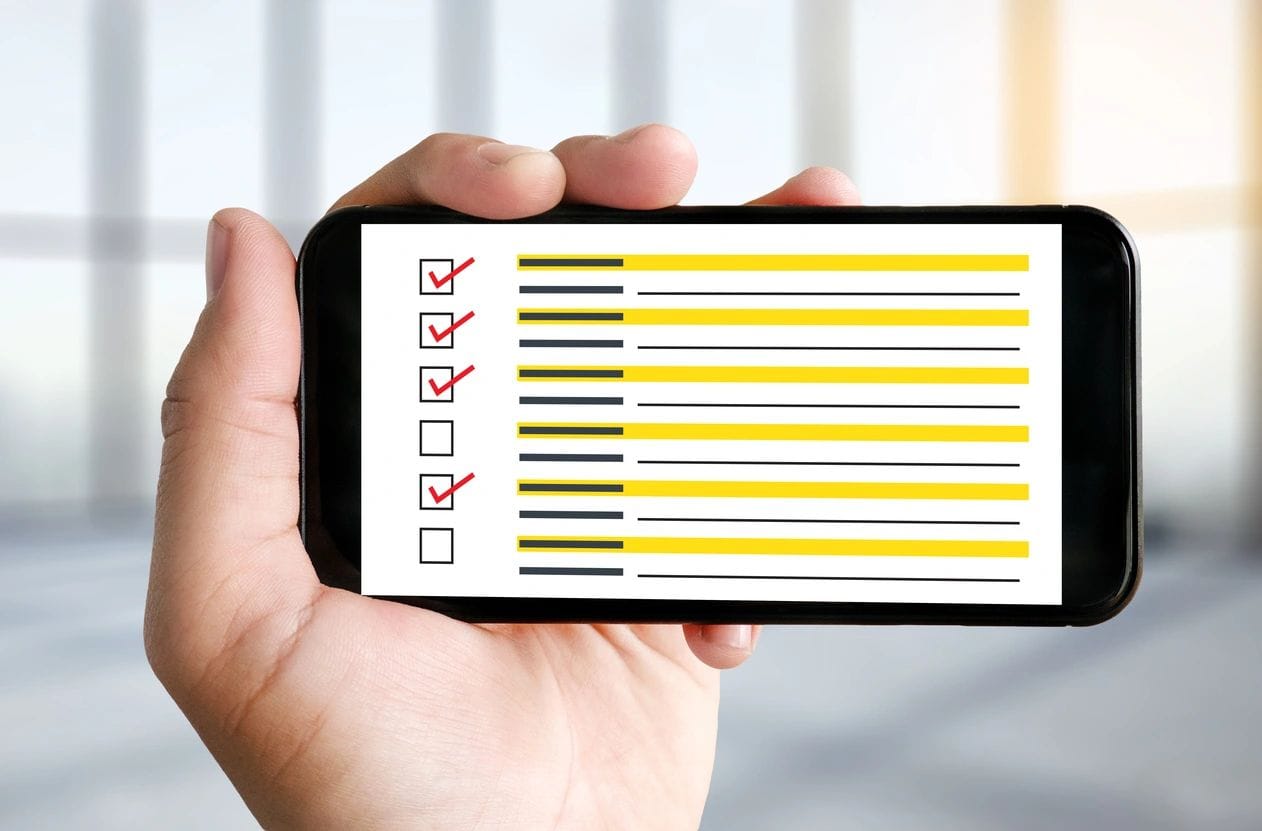Últimamente tengo cada vez menos tiempo para hablar con otros afectados de Covadias Largas que me llaman, simplemente porque son muchas las llamadas. Así que mi idea es compartir la información que no puedo dar durante una llamada de 20 minutos aquí en mi nuevo blog.
Estas son las preguntas que me hacen con más frecuencia:
1.) ¿Se ha recuperado totalmente de Long Covid?
He vuelto a practicar mis deportes favoritos, el kitesurf y el esquí, y las jornadas de más de 12 horas no son ningún problema: sí, estoy totalmente recuperado.
However, the glasses and the blood pressure pill in the morning are probably things that will stay with me for the rest of my life – but I am not complaining at all – it does not bother me and just 2-3 years ago I was bedridden in a dark and silent room.
2.) ¿Qué tratamientos le han ayudado personalmente a recuperarse y cuánto tiempo le han llevado?
I did Combination Therapy. I had 4+3 Help Apheresis sessions, IV treatments and medication protocols. It took me about 6 months from the day I started to the day I was fully recovered. However, my self-assessment was a bit off – if you asked me directly after my 4th Help Apheresis treatment how I felt, I would say I was completely healthy again. I was not – I had just forgotten what it felt like to be completely healthy. My mother, who developed Long Covid/Post Vac Syndrome a year later, was the opposite – she always reported feeling worse than her increased activity level and reduced heart rate indicated. It was only a year after treatment (she was also on Combination Therapy with Help Apheresis, but her symptoms and therefore the medication protocols were different) that she realised she was back to full capacity. I was her full-time caregiver for a month, and after my own experience, it gave me an additional and very valuable perspective.
3.) ¿Te has vuelto a infectar con Covid después de la recuperación y, en caso afirmativo, qué ha ocurrido?
Yes, I have had two reinfections so far. When travelling to see suppliers, going to conferences etc. it is quite difficult not to get reinfected despite all the precautions.
As I had my Early Treatment package (consisting of nasal spray, mouthwash, antivirals, anticoagulants and supplements) with me each time, I managed not to revert to Long Covid. The first time I was afraid that might happen, but as the 12 days I was in quarantine were literally symptom-free and the tests came back negative on day 8, I was a bit more relaxed the second time. The second time, due to a different Covid variant, the symptoms may have started a few days after I was infected (and tests did only get positive that time) – so I felt some mild symptoms this time – but again, no worsening/regression.
4.) ¿Tuvo que someterse a más sesiones de aféresis de ayuda después de sus reinfecciones?
No, I did not, I felt perfectly well. However, I have had 3 more Help Apheresis treatments in the last year out of personal choice. One after the first reinfection, another after the second reinfection and a third before an elbow operation where I was very close to sepsis due to a strep infection I got from cutting my elbow while working in the garden.
5.) Si estuvieras en mi situación (sufro actualmente el síndrome Covid largo/Post Vac), ¿qué consejo me darías?
En primer lugar, sea cual sea el tratamiento que vayas a seguir, hazlo lo antes posible. La cronificación de los síntomas es algo que, por desgracia, ocurre con el Covid Largo y otras enfermedades crónicas.
Secondly, if you can afford it, go for Combination Therapy with Help Apheresis. If not, go for Combination Therapy without it (I don’t think anticoagulation or fibrinolytic treatments can replace a sophisticated and highly selective treatment like Help Apheresis, but they definitely help too).
En tercer lugar, céntrate en tu recuperación en la medida de lo posible. La dieta, la hidratación, el sueño, el ritmo y el entorno son muy importantes.
Fourthly, before you start any treatment (and also during), record yourself on video regularly for 2-3 minutes, summarising how you feel and what symptoms you are experiencing at what level – maybe even write a small symptom diary. Why do this? We long term sufferers do not seem to be very good at self-evaluation and it is sometimes very difficult to judge which parts of a treatment have been beneficial – especially as it can take many months for recovery to take place and improvements are often so gradual that they are barely noticeable. Brain fog, anxiety, sleeplessness and fatigue, and many other symptoms we experience, are not really helpful in making a good self-assessment. And by the way – this goes both ways – we sometimes overestimate or underestimate how good/bad we are.


